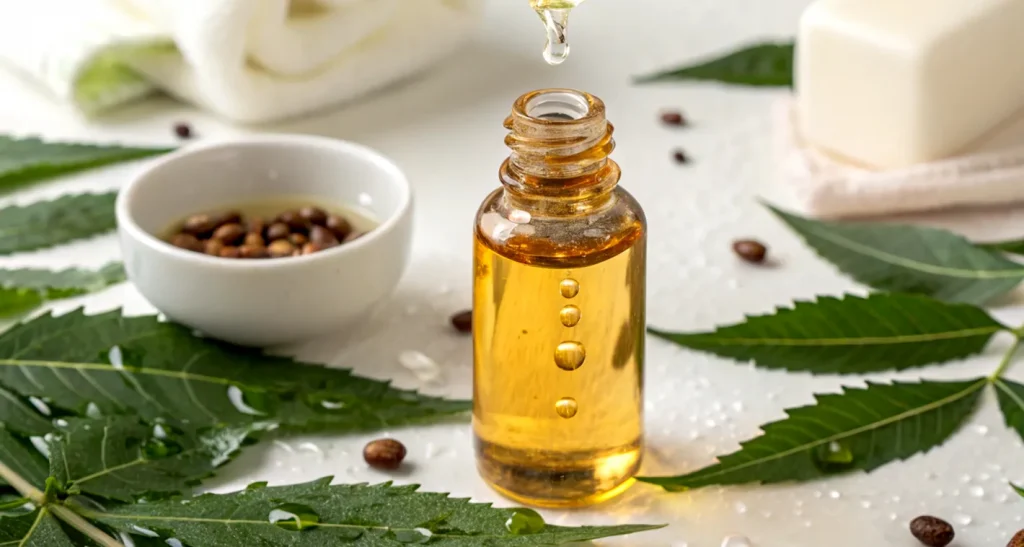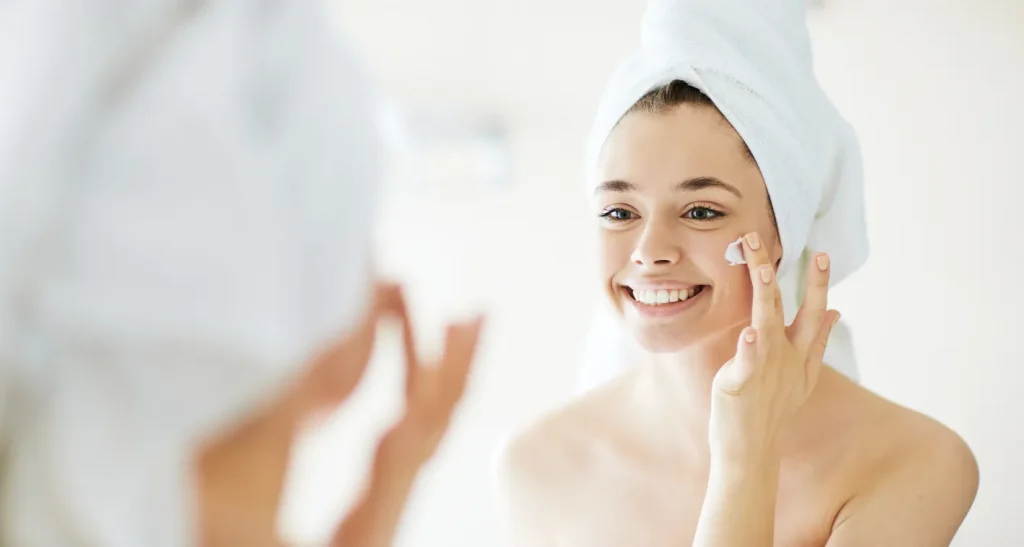TOP BEAUTY TRENDS FOR 2026

In 2026, beauty industry will focus on sustainability, personalization, and simplicity. Consumers will prioritize natural and clean ingredients, seeking AI-powered customized experiences that act as your own personal beauty advisor, and embracing Skinimalism, the “less is more” approach to skincare. Additionally, the rise of men’s beauty is attracting new audiences with unique needs, expectations, and different perspectives on self-care.
1. Prioritizing Natural Ingredients
With the growth of the skincare industry, consumers are becoming more conscious of the ingredients they apply on their skin daily. People now look for non-toxic, natural, and environmentally-friendly formulas that align with their values. According to research over 80% of consumers prefer to buy from brands that share their sustainability beliefs, and nearly 60% are willing to pay more for eco-friendly products.
This shift has caused many established brands to launch dedicated “clean beauty” lines, featuring organic and plant-based ingredients. At the same time, smaller companies are seen opportunities by promoting their bio and sustainable products directly through social media, gaining trust where large corporations often face disbelief over their environmental claims.

2. AI-Driven Experience
Artificial Intelligence is redefining how the beauty industry connects with consumers. Today’s customers are increasingly searching for personalized beauty assistance tailored to their unique needs. Studies show that over 70% of shoppers are more likely to complete a purchase when guided through a personalized experience.
Beauty brands are now adapting to AI-powered tools to create customized routines through virtual quizzes and data-driven analysis. By inputting their preferences and concerns, customers can receive personalized recommendations, including ingredient breakdowns and products formulas. Pure Culture Beauty even offers an at-home skin test, providing an in-depth diagnosis based on skin barrier strength and condition to deliver completely customized products.
3. The Rise of Skinimalsm
Skinimalism embraces a simpler and more sustainable approach to skincare — promoting healthy, glowing skin with fewer products. After the pandemic, many consumers began rethinking their beauty routines, choosing minimalist rituals guided by a “less is more” philosophy. This not only helps maintain the skin’s natural barrier, but also makes skincare more affordable, and consistent.
Beyond personal benefits, skinimalism aligns with the sustainability movement, reducing overconsumption of products and challenging unrealistic beauty standards by celebrating a more natural and accessible type of beauty.
The pillars of a skinimalist routine are three essential products: a cleanser, moisturizer, and sunscreen. Other ingredients, such as toners or retinol, should be added only when needed for specific skin concerns and breakouts. Keep in mind, sometimes fewer products can lead to better and longer-lasting results.

4. Men’s Beauty Movement
The men’s skincare market has experienced exponential growth in the last years, with forecasts projecting a 9% annual growth rate between 2025 and 2030. This boom reflects a cultural shift among Millennial and Gen Z men, who are embracing self-care and wellness.
Social media has played a crucial role in this transformation — with male influencers normalizing conversations around grooming and skincare. Moreover, brands are recognizing that men often prioritize fitness, and overall well-being rather than purely aesthetic results.
Innovations in personalized skincare have supported the growth, addressing men’s specific needs such as thicker, oilier skin. While many companies are adopting a gender-neutral approach, there’s also an increase of men-focused beauty brands offering complete skincare and grooming collections tailored to this audience.
Conclusion
As beauty continues to evolve, 2026 will be defined by personalization, sustainability, and inclusivity. From natural formulations to AI-driven routines and men’s skincare, the future of beauty is not about perfection — it’s about embracing authenticity, well-being, and smarter self-care choices.






